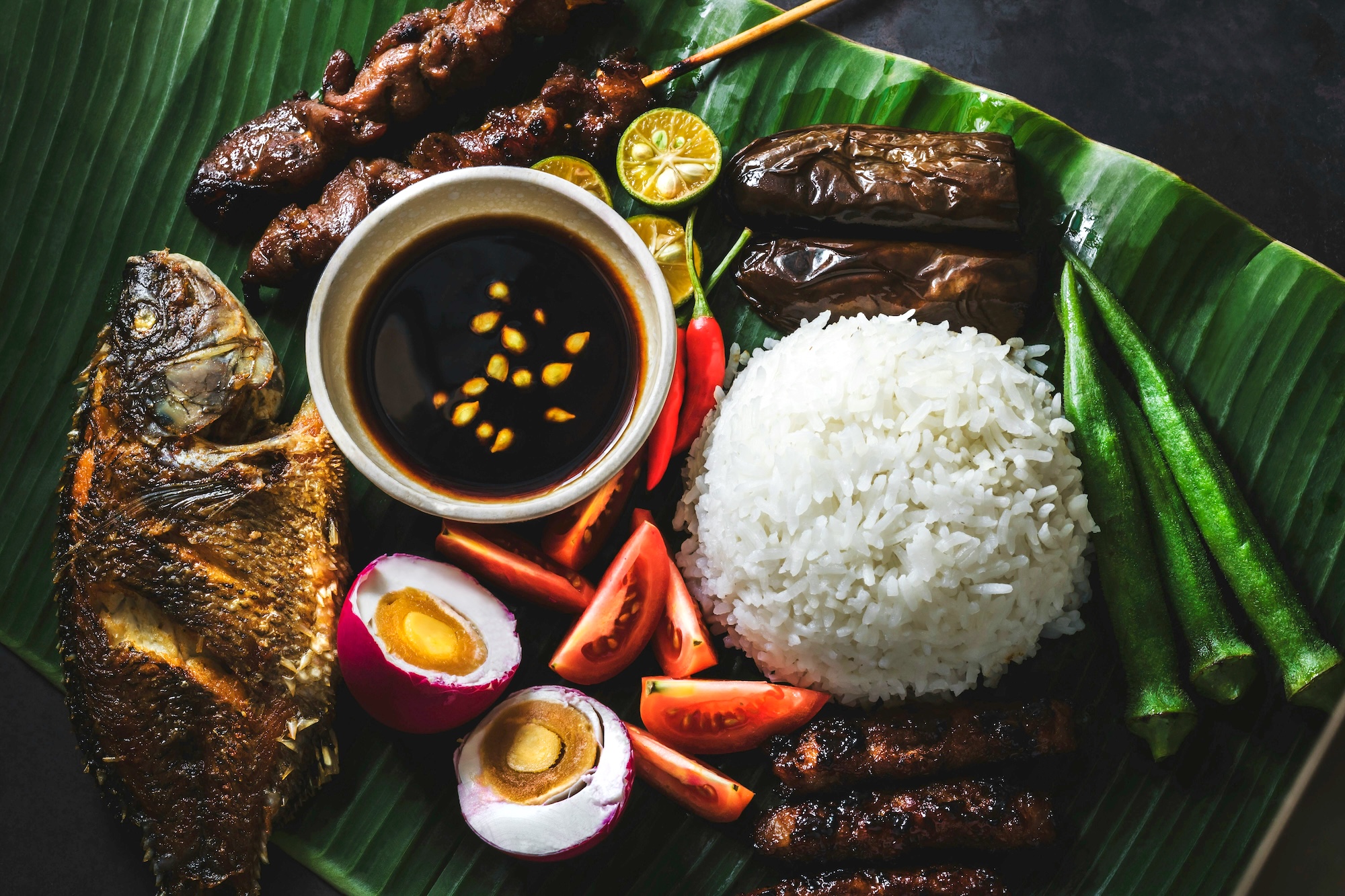IF THERE’S something as interesting as the first official reception of an incoming administration, it must be the last official reception of an outgoing administration. Why?
Mainly it’s because you’d want to know who would still be around, and which hangers-on have jumped ship—to the next administration. (And one doesn’t have to be a soothsayer to predict that politicians did, except for a few.)
We’ll remember last Sunday’s vin d’ honneur, hosted by President Aquino at Malacañang Palace to celebrate the 118th anniversary of Philippine independence, as one where a few diplomats lingered after the official toasts, not only to have their photographs taken with the outgoing president but also to watch him chill and sing a few songs with some members of his Cabinet and staff.
“He will be remembered so well,” a diplomat told us as he watched the guests crowd around Mr. Aquino.
There were also one or two diplomats who wondered out loud if they could invite the outgoing head of state to private casual dinners after June.
Aside from diplomats, the Independence Day reception had ranking government officials, and business and industry leaders, and a few artists and culture leaders as guests. The crowd was appropriately big enough to fill the reception hall with its iconic chandeliers and vaulted wood-carved ceiling.
It was also one reception where it seemed the photo-taking would never end, leaving Mr. Aquino no time to grab a bite along with the remaining guests.
Fun, poignant
Even as the gathering was winding down shortly before 3 p.m.—yes, almost mid-afternoon—there remained some Palace staff members wanting to have their photos taken with Mr. Aquino before the presidential seal on the dais.
Those were heartwarming, fun, if poignant, moments marked with laughter and ribbing (much of it coming from Mr. Aquino himself)—a marked contrast from the mood earlier that morning when Mr. Aquino delivered an address not only to the distinguished assembly in the Palace, but also to the nation.
The speech wasn’t so much a celebration as a graphic, grabbing and grim reminder of the declaration of martial law in 1972, which, many are afraid, is now but a blip in the collective memory.
“May we never lose our patience with the ways of democracy, and may we never take it for granted or be passive in its defense,” Mr. Aquino said as he gave a toast. “To our hard-won Filipino freedom, earned by the blood and sacrifice of martyrs, nurtured by the vigilance of an empowered people, may it never again be challenged, diminished or negated.”
Coming on the heels of reportage in foreign media and of #thankyouPNoy posts in social media lauding his administration’s reforms that resulted in making the Philippine economy the fastest growing in Asia, the speech was obviously written to focus, not on the gains of his governance, but on what lies ahead which could either bolster or erase the strides made the past six years.
His speech didn’t rely on the spoken word, but on a video that culled images from the day then senator Benigno “Ninoy” Aquino Jr., the president’s father, was arrested, detained —with the military returning his personal effects to his family, saying that Marcos’ chief opponent wouldn’t be needing these any longer—and on to Mr. Aquino himself shown standing before the camera, in what used to be the prison cell of his father at Fort Magsaysay in Laur, Nueva Ecija, as he recalled those dark days.
According to Tourism Secretary Ramon Jimenez, Mr. Aquino himself went to Fort Magsaysay to revisit the prison of his father in the making of this video.
As the president spoke and the eyes of his audience were riveted on the giant screens, the ornate hall turned into a womb of silence. The mood became somber.
Palpable was a sense of sobriety that left no room for the signature pomp of the occasion.
Suddenly, it felt like it was 30 years ago again, so that even the diplomats, who surely weren’t around at that time, could empathize and, more important, comprehend how the country now stands at the crossroads.
“We Filipinos never make excuses for the democracy we have,” Jimenez would tell us after the toasts. “It is slow, there are ups and downs, but this is democracy.”
Jimenez added how the people have become assertive, they have a newfound voice, so that you feel they’re never satisfied.
Jimenez is one of this administration’s executives who has articulated well the state the Filipino is in—feeling democratic. And if we may add—feeling also dramatic, thanks to social media.
Jimenez is right in reiterating how the Filipino has found his voice—and how a president like Mr. Aquino has allowed that voice to resonate and echo, sometimes even at his own expense.
The toasts done, the guests helped themselves to a simple brunch of native specialties such as congee, different kinds of longganisa and rice, and the non-native like pasta.
The affair was toned down and, as usual, tasteful, with fragrant sampaguita adorning the grand staircase.
Mr. Aquino could hardly make his way around the hall since the guests would stop him for photos and small talk.
After most of the guests had left, a few Cabinet members who stayed behind like Social Welfare Secretary Corazon Soliman and Presidential Adviser on the Peace Process Teresita Deles began singing accompanied by the piano-and-strings ensemble.
Mr. Aquino would join now and then, whenever the picture-snapping guests would allow him.
Even the uniformed men of the PSG, who protect the president day and night, had their photos taken with him.
‘Wedding day’
The informal gathering stretched into the early afternoon, with Mr. Aquino admonishing everyone now and then, that “today is Sunday. Family Day,” meaning he wouldn’t want to take them away from their families.
But still the people wouldn’t budge.
One of the songs he sang, he said, would be for his wedding day—“Another One Bites the Dust” by Freddie Mercury. Wedding day!?
Is he looking forward to losing his independence, theoretically? Abangan.
(Okay, I’m just trying to make light of a historic day.)














































